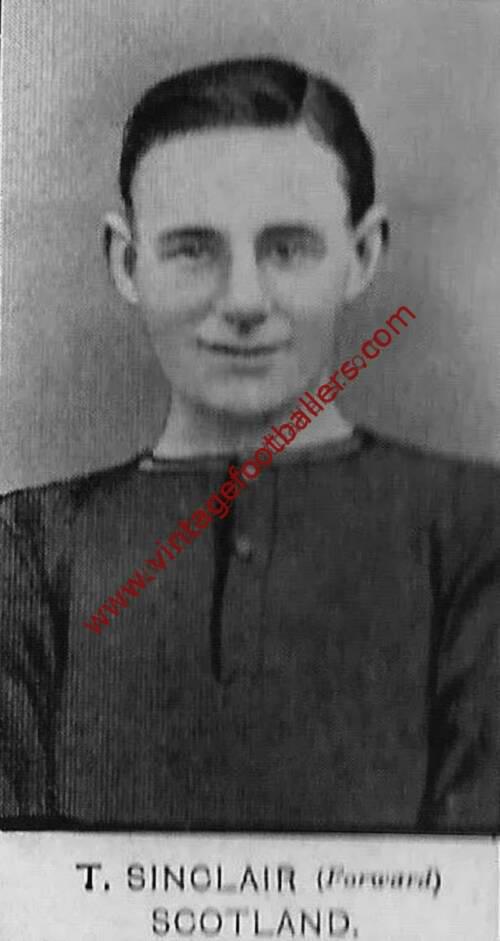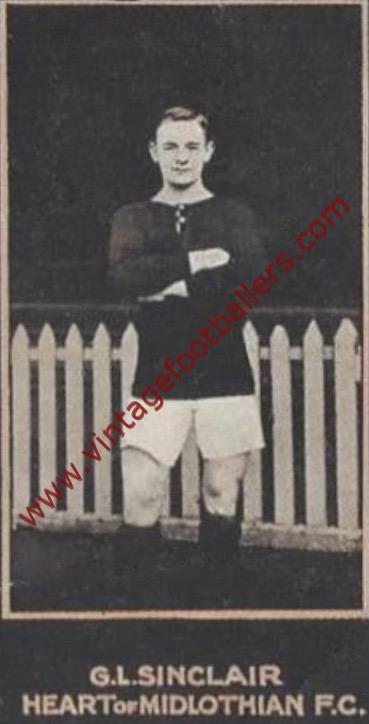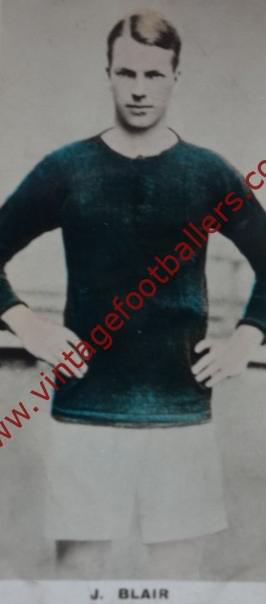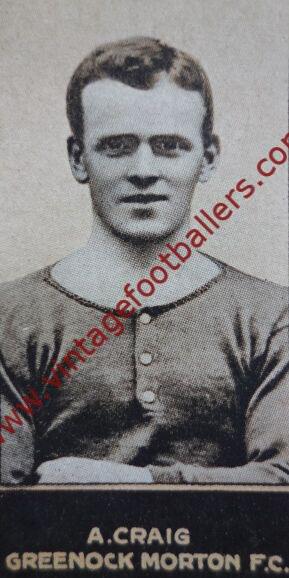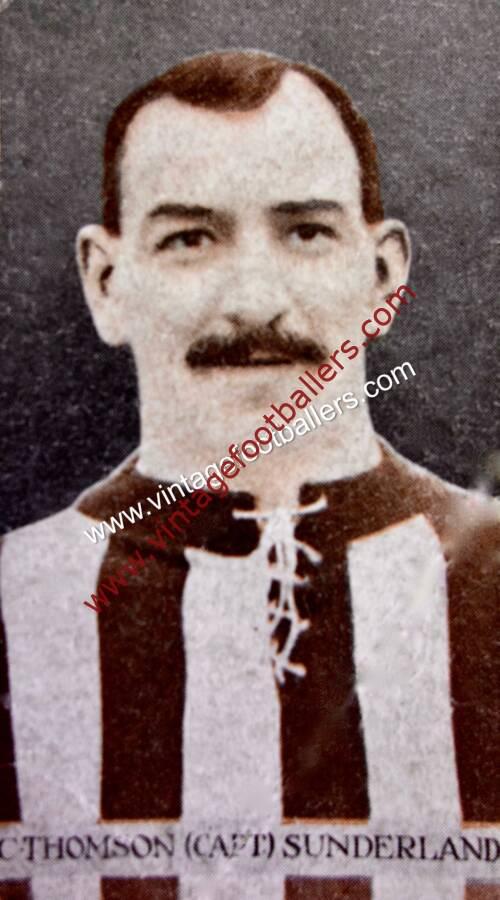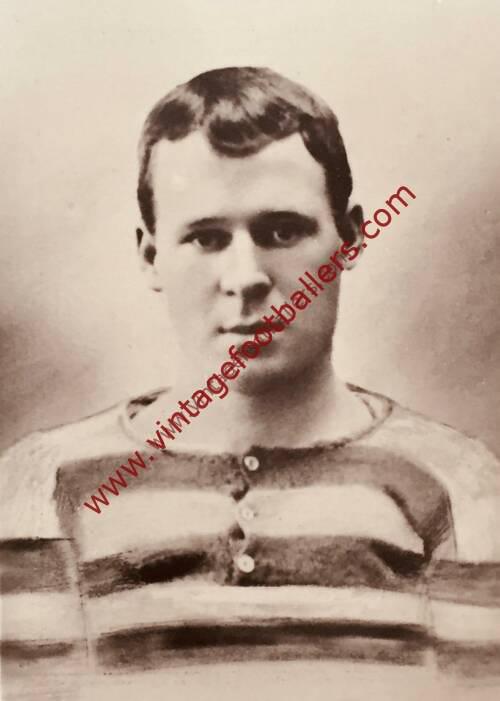Please choose your photo size from the drop down menu below.
If you wish your photo to be framed please select Yes.
Note: 16″x 20″not available in a frame.
Images can also be added to accessories. To order please follow these links
£8.95 – £49.95
Please choose your photo size from the drop down menu below.
If you wish your photo to be framed please select Yes.
Note: 16″x 20″not available in a frame.
Images can also be added to accessories. To order please follow these links
Right winger George Sinclair signed for an under performing Hearts in 1908. When George McCartney replaced James McGhee as manager he decided that Sinclair was of only four players who would meet the standard he was demanding. Sinclair, he recognised, was one of the finest wingers in Scotland.
In March 1910 Sinclair made his Scotland debut against Ireland in Belfast as the Scots fell to a 1-0 defeat. In 1912 he was again called into the Scotland team. On 3rd March he was part of the team that beat Wales 1-0 in front of 31,000 fans at Tynecastle, then two weeks later he got his revenge in Belfast as Scotland, sent on their way by a first half double from Blackburn’s Walter Aitkenhead, beat Ireland 4-1. He also made 2 appearances for The Scottish League, in October 1912 against The Southern League, and in November 1919 against The Irish League.
Formerly a regular soldier he’d left the Army in 1905. When Sinclair had left the Field Artillery in 1905 he had made a commitment to rejoin the forces in the event of such a conflict. On 5th August 1914, in keeping with that agreement, he rejoined his battery to serve during the First World War. Injured while on active service he was discharged from the army. His injuries weren’t serious enough to stop him from playing football and he returned to play once more for Hearts, and was in the team when in 1919 they reached the Final of the Victory Cup, before playing his last game of 351 for Hearts in 1920, having scored 49 goals. He then saw out his career with Dunfermline Athletic and Cowdenbeath and continued to play football into the 1920’s, including a spell in the United States.
| Weight | N/A |
|---|
